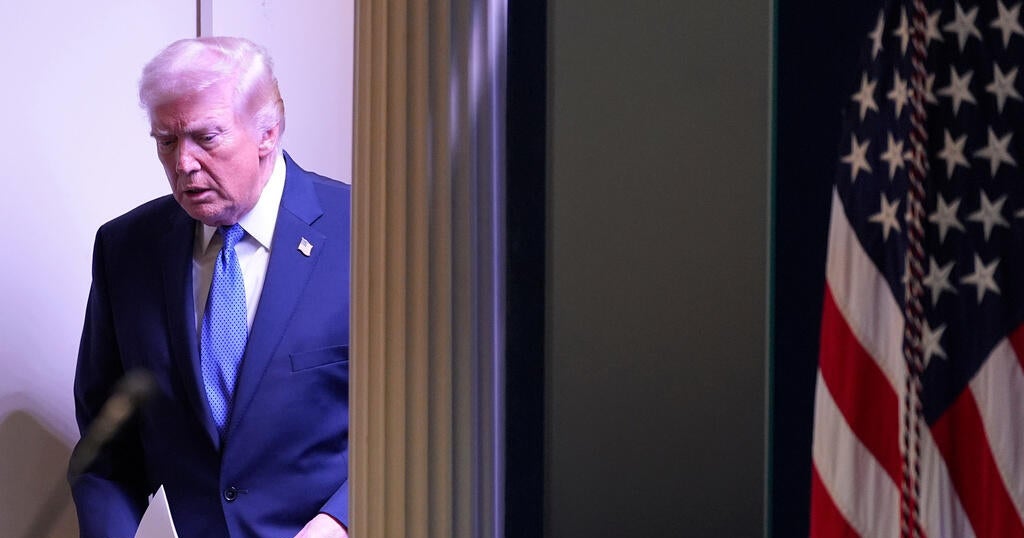Senate could be in session until deal reached on coronavirus bill
Some Republican senators have indicated they're willing to forgo their usual August recess and remain in session until a deal is reached on the next coronavirus relief bill. White House officials and congressional Democrats are currently locked in a stalemate over what should be included in the next bill and have met almost daily to negotiate.
"I think we ought to stay until we get a deal," Republican Senator Rick Scott, of Florida, told reporters Tuesday before the GOP conference lunch. Utah Senator Mitt Romney said, "People who are doing the negotiating need to be working around the clock to get it done."
After the luncheon, Senator John Cornyn said Senate Majority Leader Mitch McConnell had told Republicans to be prepared to stay in session until White House Chief of Staff Mark Meadows and Treasury Secretary Steven Mnuchin have reached a deal with Democrats.
"Meadows and Mnuchin said that the Democrats still do not appear to be serious about reaching a negotiated outcome, and so we're prepared to be in session until we get one," Cornyn said.
Republicans have complained that House Speaker Nancy Pelosi and Senate Minority Leader Chuck Schumer have refused to consider passing a smaller bill that would offer temporary solutions, like the short-term extension of a popular unemployment benefit that expired at the end of July. Democrats, who proposed their own $3 trillion bill in May to address the fallout from the pandemic, say that Republicans should have come to the negotiating table earlier.
Pelosi and Schumer also suspect that McConnell would not be willing to enter a second round of negotiations if his priorities are addressed in a smaller bill. Schumer has complained that McConnell has not been attending the meetings with Mnuchin and Meadows.
Pelosi, Schumer, Mnuchin and Meadows met again on Tuesday afternoon for over an hour. The treasury secretary told reporters beforehand that if Democrats were "serious" about negotiating, "we can do a deal quite quickly." He added that the administration is willing to take executive action, although it is unclear what these measures would look like.
Schumer told reporters after the meeting that both parties had made "concessions."
They made some concessions which we appreciated. we made some concessions which they appreciated. We're still far away on a lot of the important issues but we're continuing to go at it," Schumer said. He added that the four would be meeting again tomorrow.
Mnuchin said they all agreed to keep to an overall timeline where they could reach a deal by the end of this week so they could vote next week on it.
McConnell appeared to show some flexibility on Tuesday, saying he might support an extension of the $600 per week federal benefits on top of state unemployment insurance.
"It's something I'm prepared to support. Even if I have some problems with certain parts of it," McConnell said.
But many Republicans oppose the $600 per week because they think the payment, which along with existing unemployment benefits can exceed what many can make by working, could incentivize out-of-work Americans to remain unemployed. The Senate last week attempted to pass an extension of the benefit at $200 per week, but it was blocked by Democrats.
Because any bill will require 60 votes to pass, McConnell will need support from Democrats, meaning that the final legislation will probably have to include Democratic priorities. Some Republican incumbents who face tight reelection races in November may also feel pressure to support any bill, even if it does not fully square with their ideas of good governance.
"It's not going to produce a kumbaya moment like we had back in March where everybody votes 'aye.' But the American people need help," McConnell told reporters, referring to earlier coronavirus relief packages that passed with overwhelming bipartisan support.



